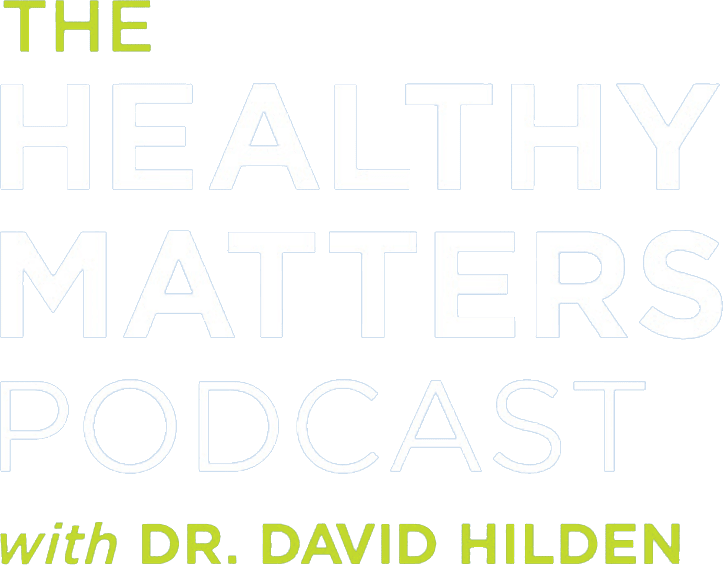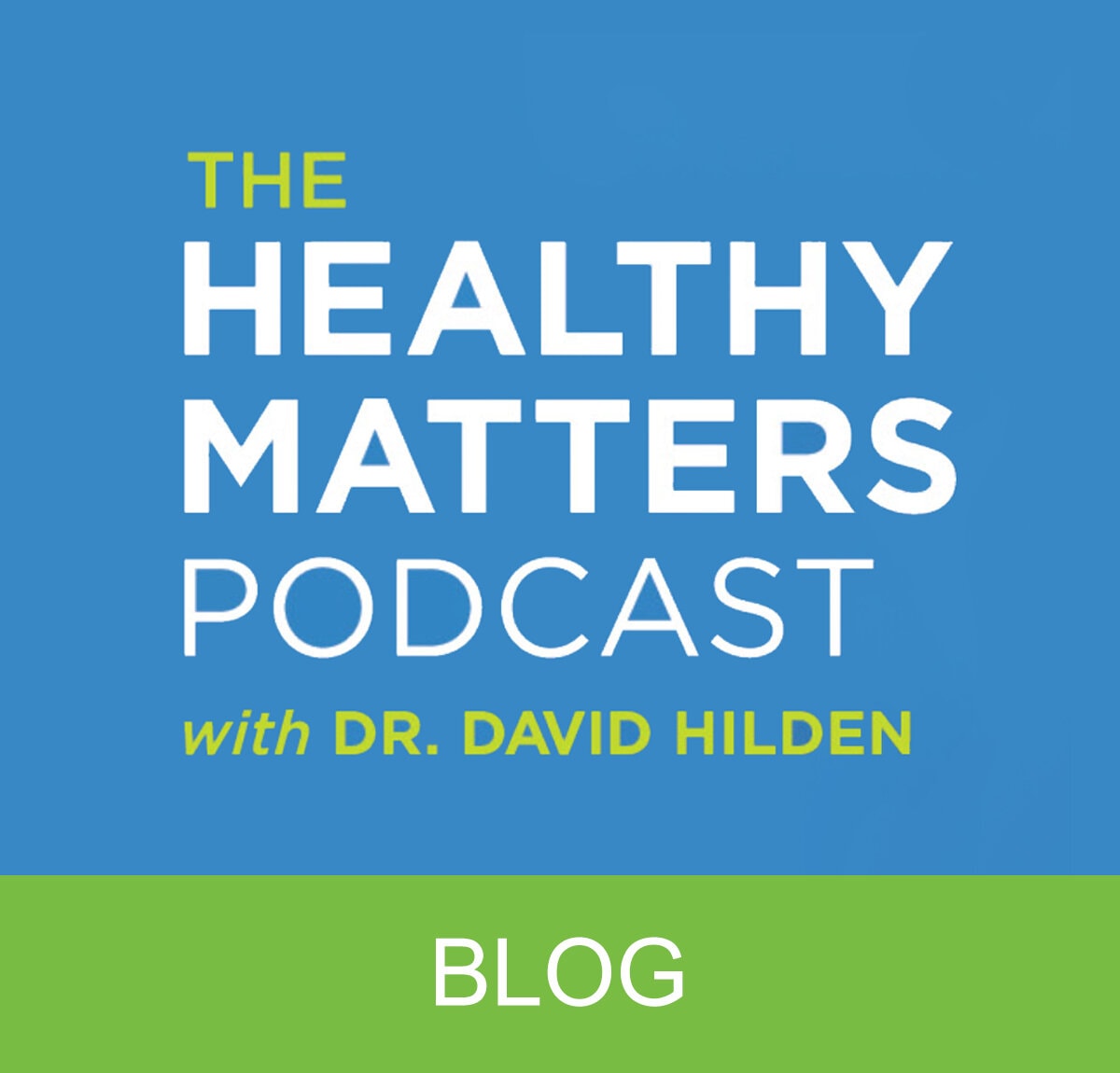Yep. We’re talking about your colon.
We talk about everything on the Healthy Matters podcast, and on Episode 5 of Season 2, we’re going to prove it as we discuss the colon – otherwise known as the large intestine. We’re going to geek out about colons and stool today with my colleague, Dr. Jake Matlock, gastroenterologist, and director of the Division of Gastroenterology at Hennepin Healthcare, who launched the podcast with a claim that this organ is responsible for modern human society. I required more explanation.
“Your intestinal tract provides about three liters of liquid waste to your colon every day,” he said. “And your colon is responsible for taking that three liters of liquid waste and converting it to a small volume of solid stool and providing you the opportunity to eliminate that stool on a voluntary basis without your colon. We’d be like birds, we’d be just constantly leaking stool whenever we were walking around in the day, and we wouldn’t be able to get anything else done.”
Most of us haven’t thought about our intestines in that way. But let’s tuck that thought aside for a moment and consider some other real concerns that can jeopardize the health of your colon.
“Colon cancer is obviously a very important topic,” said Dr. Matlock. “It’s the third leading cause of cancer in both men and women in this country. The most important thing is to get screened, and I think that myself and my colleagues all carry a bias towards colonoscopy. We try not to let that bias come out because the most important thing is that you do something to get screened.”
That’s right – the best screening test is the one you’re going to do. We also talked about various inflammatory disorders that can impact the colon and other maladies that can cause discomfort.
Dr. Matlock shared how it’s a huge quality of life concern if a person’s bowels are not working in a way that meets their expectations, and if you’re having issues with your colon health that interfere with your life, you should talk to a provider. Changes can be made with your diet, your lifestyle, and occasionally, medication therapies can be implemented to help bring some regularity to your bowel function.
“If you do have colon problems, as difficult as it is, let your family know, because that risk for colon cancer is increased in first degree relatives of people with problems,” Dr. Matlock explained. “So, if you’ve had polyps, or colon cancer – let your family know because it changes their cancer risk.”
What do polyps look like? Why is colonoscopy prep so important? Are all polyps precancerous? We go there when we talk about your colon on Episode 5 of the Healthy Matters Podcast.
Stayin’ Alive! Q & A with a cardiologist
Our hearts are complex organs, and in Episode 4 of Season 2’s Healthy Matters Podcast interventional cardiologist Dr. Louis Kohl walks us through some of the amazing ways it functions to keep blood flowing throughout our bodies, as well as what happens when things go wrong. We start with a look at some high-profile athletes who collapsed with a rare cardiac injury. So, what happened in these cases?
“The thing that makes the most sense in Damar Hamlin’s case is that he experienced what is called commotio cordis,” explained Dr. Kohl. “It’s the most unlucky of most unlucky circumstances – a condition where if you get hit square in the center of the chest, just at the right moment in your heartbeat cycle, the electric cardiac cycle, it can cause your heart to transition from a normal coordinated pumping motion to what we call ventricular fibrillation. It’s when the heart is just quivering there, not pushing any meaningful blood out to the body.”
This led to a great conversation about the difference between heart attack and cardiac arrest, plumbing and electricity. And with all that blood pumping through our hearts, you’d think it would have those chambers as an ample access to blood supply for its own function. It doesn’t!
“The heart doesn’t get blood from the pumping chamber,” said Dr. Kohl. “It’s got its own little set of arteries, and when those get blocked, that causes a heart attack – but only a small portion of heart attacks – less than 5 percent.”
We talked about how to do bystander CPR and what to do if you encounter someone who may be in cardiac arrest (call 911!), and Dr. Kohl answered many other interesting questions about cholesterol, aspirin, blood pressure, and well, staying alive.
Also – have you ever wondered what happens to those stents we hear about getting placed in arteries? How do they get there? Do they need to get removed after so many years? How exactly do they work?
Dr. Kohl explained what he does when he performs a stent procedure, whether it’s for chronic angina, chronic chest pain, or if you’ve had a heart attack and an artery is blocked – and how he uses a little pressurized balloon to push aside any clots that might be in the way. You might be surprised to hear that he doesn’t remove the clot.
Blood flow is at the heart of heart matters – and we get the inside scoop on hearts with Dr. Kohl on this episode of Healthy Matters.
Hilden’s House Calls – An AMA with the MD, MPH, FACP
It’s time to ask me anything (AMA) on Episode 3 of Season 2 of the Healthy Matters Podcast.
Miranda in St. Paul asked me about my own healthcare routine – and specifically, do I drink alcohol? Well, Miranda, self-care is important and no matter how busy we are, we should all take time to focus on our physical and mental health. I do work out at least 3-4 times a week, mostly running. I prefer running outdoors – even in the winter. Sometimes I do use an exercise bike we have in our basement. I also have an occasional glass of wine but refrain from drinking while exercising. All kidding aside, it’s not unusual for a physician to have a glass of wine with dinner or a cocktail now and then. But we’re no different than anyone else – we’re just as susceptible to alcohol abuse. Using alcohol medicinally and when you’re feeling stressed can lead to bigger problems, so it’s always important to ask yourself, “Do I want this glass of wine right now or am I just habitually reaching for it because it was a stressful day?” or if you have alcohol abuse problems, don’t drink. Give exercise a try and listen to some music you enjoy – that’s the best advice I can give to reduce stress.
Teddy in Madison is in his mid-forties and noticed his teeth and nails were becoming more brittle. We may grow wiser as we age, but parts of our bodies do physically change – including our nails, teeth, and even hair. Alex in Duluth is getting cold feet. Karen didn’t say where she’s from but no sweat – only a red face when she exercises. Listen to the podcast to hear my cool advice.
Carrie in Minneapolis is wondering if she should change her toothbrush after having the flu. The good news is that she’s already protected from the strain she just suffered through. Theoretically, it is possible for germs to live on your toothbrush when it’s wet. But here’s the deal – don’t share your toothbrush with your friends. Number One, it’s gross. Number Two, germs including bacteria and viruses and the like can live on those wet surfaces. ‘Nuf said.
I hope we alleviated concerns from Kevin in Lakeville ahead of his “hernia-ologist” appointment. What a brilliant new description for a hernia surgeon that led to a great discussion about the types of hernia surgeries. My gut tells me Kevin’s procedure will go just fine.
A listener from Georgia suggested an episode about celiac disease. Thank you, Jane! We’re working on it! Celiac disease is your body’s inability to process gluten, a protein that is found in many grains, including the big one – wheat. Watch to see more information about our podcast about celiac disease that affects so many people.
We tackle many other listener questions on this episode of Healthy Matters. High blood pressure, COVID, antibiotic resistance, and much more! If you have a health question, send it my way to healthymatters@hcmed.org.

